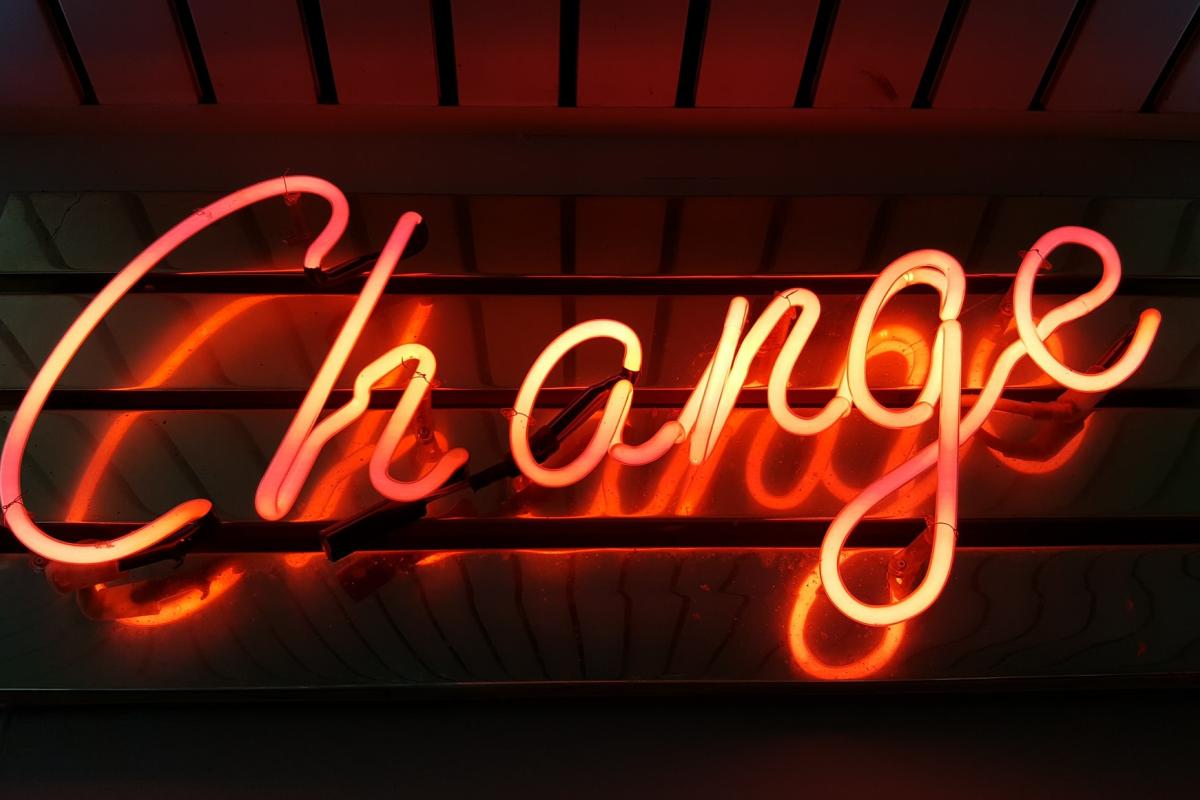If you’re reading this article, then there’s a very good chance you would have already seen my colleague Melissa Robertson’s fearless drive to change ‘the change’ in the workplace.
At Dark Horses we’re proud to have a menopause policy, and in the last year, it’s an issue we have all become more educated on. I say all because I mean all; this is not a policy aimed at female employees only - and that’s the key point. We can only make change and provide the right support when we are working together.
When Melissa first told me she was menopausal, I remember how surprised I was. No colleague had ever told me that before. In fact, I realised sometime later to my shame that no woman had ever told me this in a one-to-one conversation before. That is both shocking and a damning indictment of how closed off this subject has become.
The menopause is a huge part of the lives of all of us yet it becomes a taboo subject, whispered by those only who have experienced it. This is particularly true in the workplace, where that secrecy creates untold damage.
So where did this taboo come from? The more you look into history you realise that men are not just part of this story but they helped write it.
In her book The Slow Moon Climbs, US historian Susan Mattern explains that in early human civilisation this stage of a woman’s life was actually celebrated. She became a ‘wise woman’ and played a different role in the group. A leading matriarchal role that provided support to other mothers and helped look after the needs of all. You can see the legacy of this role in the more modern-day governesses who were highly respected and valued for their experience. In countries like India post-menopausal women still play this role, celebrated for their wisdom and the value they bring.
The stigma of the menopause is actually much more modern (and male-orientated) than you might think. The name itself was invented by French doctor Charles-Pierre-Louis de Gardanne in 1821. I guess at least this is better than the other term that was being used by male physicians at that time which was des reines détrônées, or the “unthroned queens”.
An English doctor Edward Tilt wrote The Change of Life in Health and Disease in 1857 which again helped define the modern perception of the menopause. This included ridiculous views such as “freed from the vagaries of menstruation, a woman will finally be able to listen to the head”.
This male-dominated thinking was backed up in the 1960s where the modern day narrative of the menopause was polished, led largely by pharmaceutical company Wyeth and supported by endochronologists like Dr Robert Greeblatt and Dr Robert Wilson (Feminine Forever).
The fact that menopause has become a taboo has done untold damage to women - particularly in the workplace.
The physical symptoms of the menopause clearly make working life harder. A recent report by Newson Health showed that 94% of women attending a menopause clinic say their work suffered, whilst another CIPD study showed 59% reported lowered confidence, poor concentration and poorer memory.
The true damage is not caused by these symptoms however, but the suffering in silence. The fear of being ridiculed or perceived negatively - particularly by more junior male colleagues. The inability to openly talk about these issues is what has led to the tragedy of more than one million women in the UK have left their careers due to the menopause.
So what can men do about it? Well here’s what I’d suggest from my experience.
The first thing to realise is that you probably won’t notice the symptoms of menopause in a colleague.
This is for two reasons; the impairment in performance isn't as noticeable as the person experiencing it often thinks. And generally we’re all far more worried about what people think of us than the other way around.
Hopefully this gives some confidence to women who feel that way internally, but it also creates another problem for men. We need to use our antennae to be more intuitive and more aware of how we can help.
There are small things you can do. For example, if memory blanks are more likely to occur, leaning in a little more to help jog or cover for those blanks (without mansplaining) is highly appreciated. Similarly, being aware of room temperature or offering drinks is a subtle and unobtrusive way of showing your support.
The next thing you need to do is to read your company’s menopause policy.
If your company hasn’t got a menopause policy, then ask your CEO or business leader for one. If you want a guide on what this should look like, then we have created an open-source manifesto that will give you everything you need. This request will be more unexpected and powerful coming from a man, and more likely to invite change faster. It also makes it an issue for the whole company, not just women. Understanding how your colleagues might be feeling and how you can work with them better is not some noble act, it makes pragmatic business sense.
The final thing is to offer support when needed.
To make women aware that you are happy and comfortable to talk about it openly. Ask how they are feeling, particularly if you recognise any of those symptoms. Share your own stories too; you may not be able to experience the menopause directly but you may well have experienced relatable symptoms or known similar journeys.
In summary, this is not an issue for women alone. It affects how we all work together, how we get the most out of talent, how we become more diverse and effective as organisations.
Men also have a greater responsibility than you might think in tackling this problem. Not only did we help write the modern-day narrative of the menopause taboo, but we are the ones who are more likely to keep it so by closing off conversations around it.
The sad truth is this is an issue that would have never even crossed my mind if it wasn’t for someone like Melissa. We need more men to open their eyes and see what a big problem this is.



